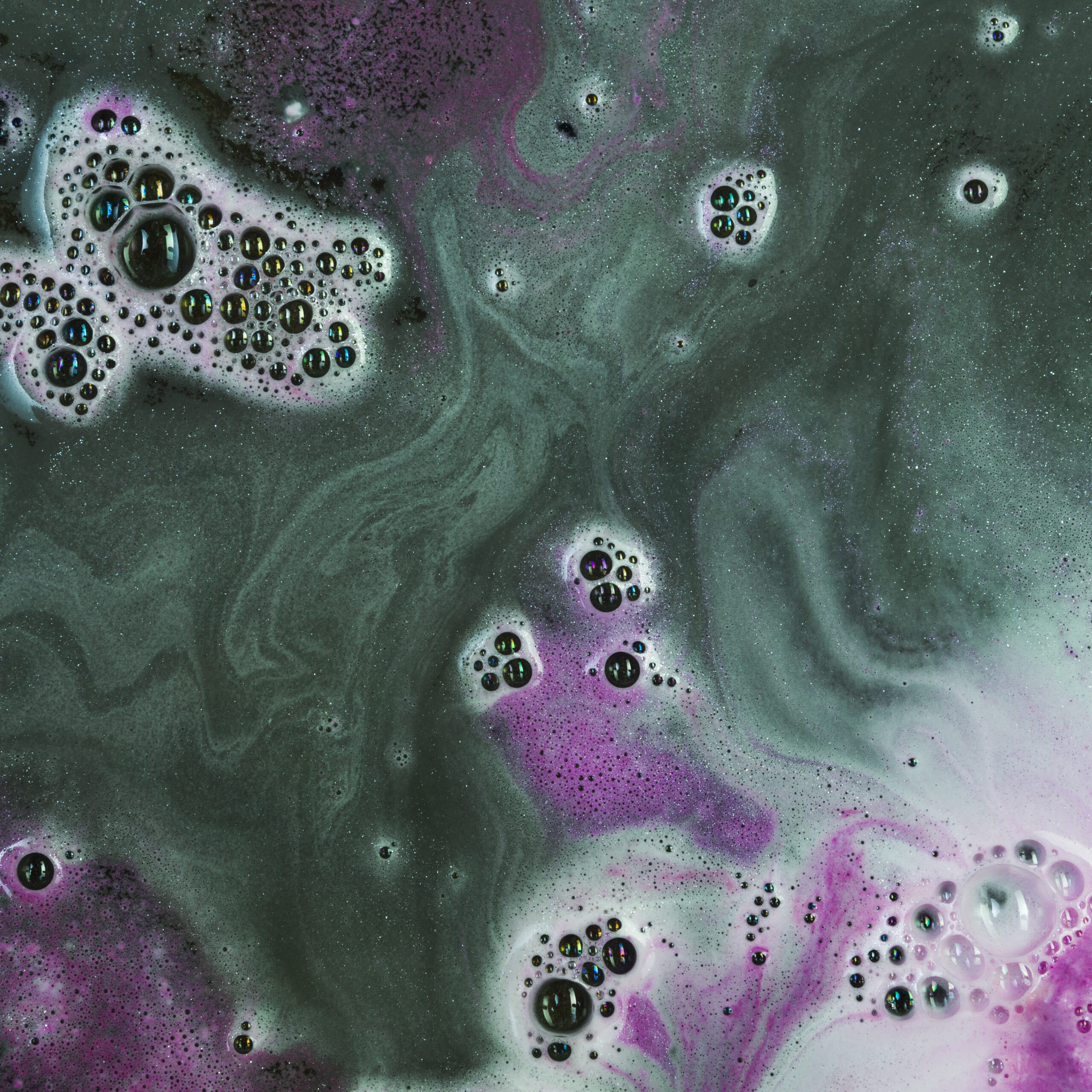It’s simple to concentrate on carbon emissions and deforestation when talking about climate change, but bacteria are also important components of the climate system. These microscopic organisms’ fungi, algae, and bacteria have a big impact on climate dynamics and are essential to comprehending and mitigating climate change.
Microbial Impact on Carbon and Greenhouse Gases:
A vital component of the carbon cycle are microbes. They release carbon dioxide (CO2) and methane (CH4), two strong greenhouse gases, when they break down organic matter in soil and oceans. Microbes in soil decompose plant matter and frequently release carbon dioxide. Methane is a greenhouse gas that is produced by a variety of bacteria in wetlands and is far more potent than CO2. Microscopic algae called phytoplankton use photosynthesis to absorb carbon dioxide in maritime environments. They efficiently store carbon from the atmosphere when they die and drop to the ocean floor. Climate-related alterations in ocean temperature and chemistry have the potential to interfere with these processes, thereby impacting the global carbon cycle.
Effect of Climate Change on Microbial Activity:
The functioning of microbial communities is affected by climate change. Increased microbial activity may result from warmer temperatures, which could lead to an increase in soil greenhouse gas emissions. Changes in CO2 levels and precipitation patterns can also cause microbial communities to alter, which can have an impact on their capacity to carry out vital tasks like nutrient cycling.
The Reason It Is Important
We can better understand how our climate is changing and how to solve it if we are aware of the role that bacteria play in it. Microbes have an impact on the cycles of nutrients and carbon, and their reactions to climate change can alter the overall equilibrium of greenhouse gasses.
Conclusion
Despite their modest size, microbes have a big impact on climate change. We can learn a great deal about how the climate works and create more potent plans to slow down global warming by researching these microbes and how they interact with the climate system. In order to create complete answers to this global crisis, it is imperative that they acknowledge their involvement. Keep yourself educated and involved in climate science; everything, down to the tiniest microorganisms, has an impact on the future of our world.

